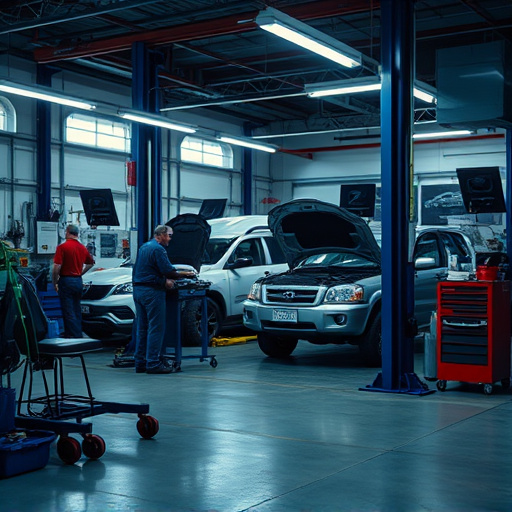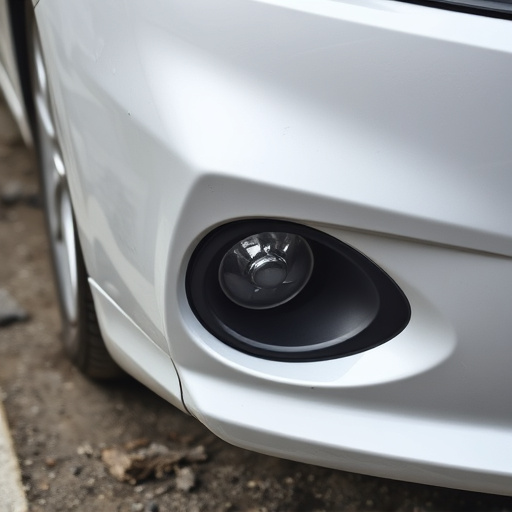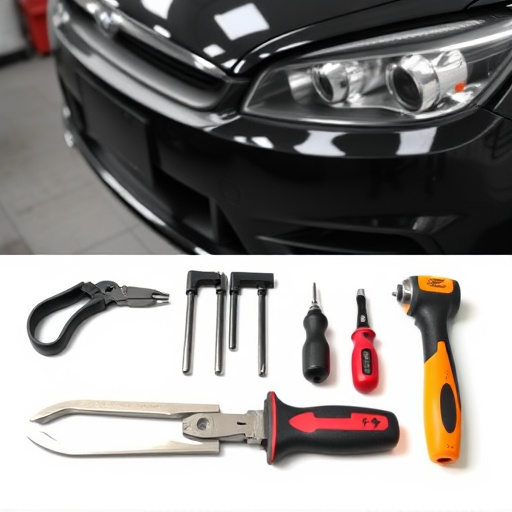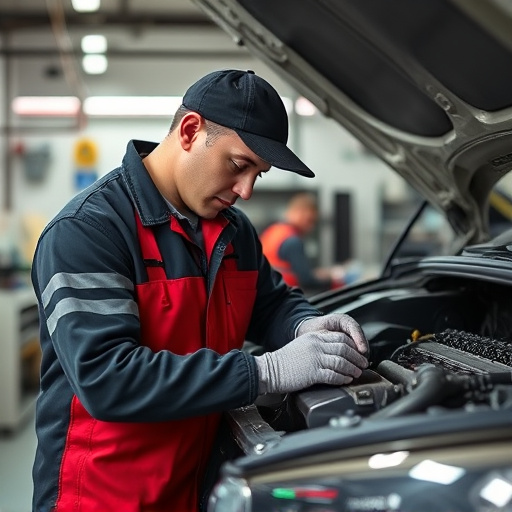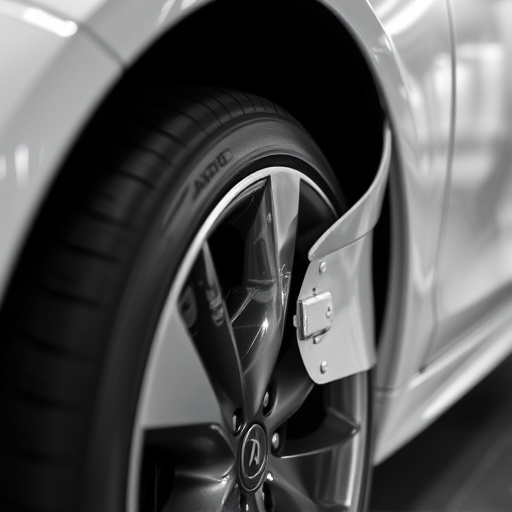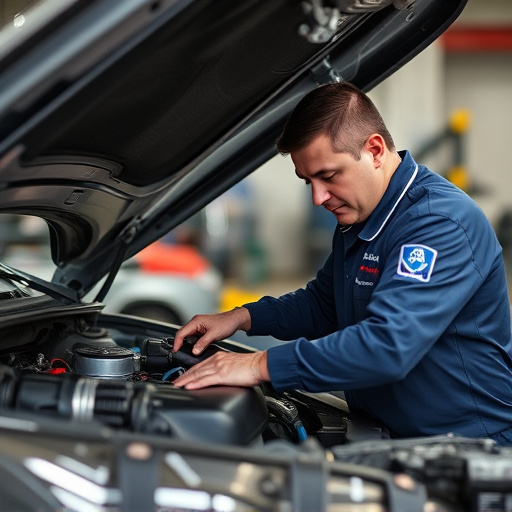An EPA compliant body shop adheres to strict regulations for managing hazardous materials and waste, focusing on safe disposal, proper labeling, staff training, and emissions control. Effective waste management enhances sustainability, improves ecological footprint, and boosts business reputation as a responsible collision center. Prioritizing staff training and comprehensive documentation ensures compliance with EPA standards and fosters environmental stewardship, attracting eco-conscious clients.
Running an EPA compliant body shop is more than just meeting environmental standards; it’s about ensuring safety, sustainability, and legal integrity. This article guides you through the crucial requirements for operating a compliant body shop, focusing on understanding stringent EPA regulations for auto repair, implementing effective waste management practices, and ensuring comprehensive training and proper documentation. By adhering to these key practices, your business can thrive while respecting environmental protections.
- Understand EPA Regulations for Auto Repair
- Implement Safe Waste Management Practices
- Ensure Proper Training and Documentation
Understand EPA Regulations for Auto Repair

The Environmental Protection Agency (EPA) sets strict guidelines for auto repair facilities to ensure responsible management of hazardous materials and waste. For an EPA-compliant body shop, understanding and adhering to these regulations is paramount. The primary focus lies in proper disposal and handling of substances like lead, mercury, and volatile organic compounds (VOCs), commonly found in automotive paints and fluids.
Operating an EPA compliant body shop involves implementing measures to capture, contain, and safely dispose of these materials according to set protocols. This includes using authorized collection points for hazardous waste, ensuring proper labeling and storage of chemicals, and training staff on safe handling procedures. Additionally, facilities must be equipped with systems to control emissions from processes like sandblasting and painting, especially when dealing with classic car restoration or hail damage repair projects that may require specialized treatments.
Implement Safe Waste Management Practices

Running an EPA compliant body shop involves embracing safe waste management practices. This includes proper disposal of hazardous materials such as paints, solvents, and automotive fluids that are commonly used in collision centers and car damage repair facilities. Professional auto repair services understand the importance of adhering to environmental protection agency (EPA) guidelines to prevent pollution and ensure a clean working environment.
Implementing effective waste management systems is not just about compliance; it’s also an investment in the long-term sustainability of the business. By adopting eco-friendly practices, these facilities minimize their ecological footprint while maintaining high standards of safety for employees and customers. This commitment to environmental stewardship can even enhance their reputation as a responsible provider of top-notch collision center services.
Ensure Proper Training and Documentation

For an EPA compliant body shop, ensuring proper training and documentation is paramount. All staff involved in collision repair or car repair services must undergo comprehensive training on environmental regulations, particularly those related to managing hazardous materials often found in fender bender repairs. This includes learning how to safely handle and dispose of toxic substances like lead, mercury, and various chemical solvents. Proper documentation is also crucial; each step of the repair process should be meticulously recorded, from initial assessment to final inspection, to demonstrate compliance with EPA standards.
Regular updates on training programs are essential as regulations evolve. Staying current ensures that staff members are equipped with the latest knowledge and best practices for handling environmental aspects of collision repair. This commitment to ongoing education not only meets legal requirements but also instills a culture of environmental stewardship within the body shop, fostering a reputation for excellence among clients who prioritize eco-friendly car repair services.
To operate a successful and environmentally responsible EPA compliant body shop, understanding and adhering to key regulations is paramount. By implementing safe waste management practices, ensuring proper training for staff, and maintaining thorough documentation, shops can not only meet EPA standards but also contribute to a greener future. These measures safeguard both the environment and the reputation of the business, making it a leader in sustainable automotive care.
